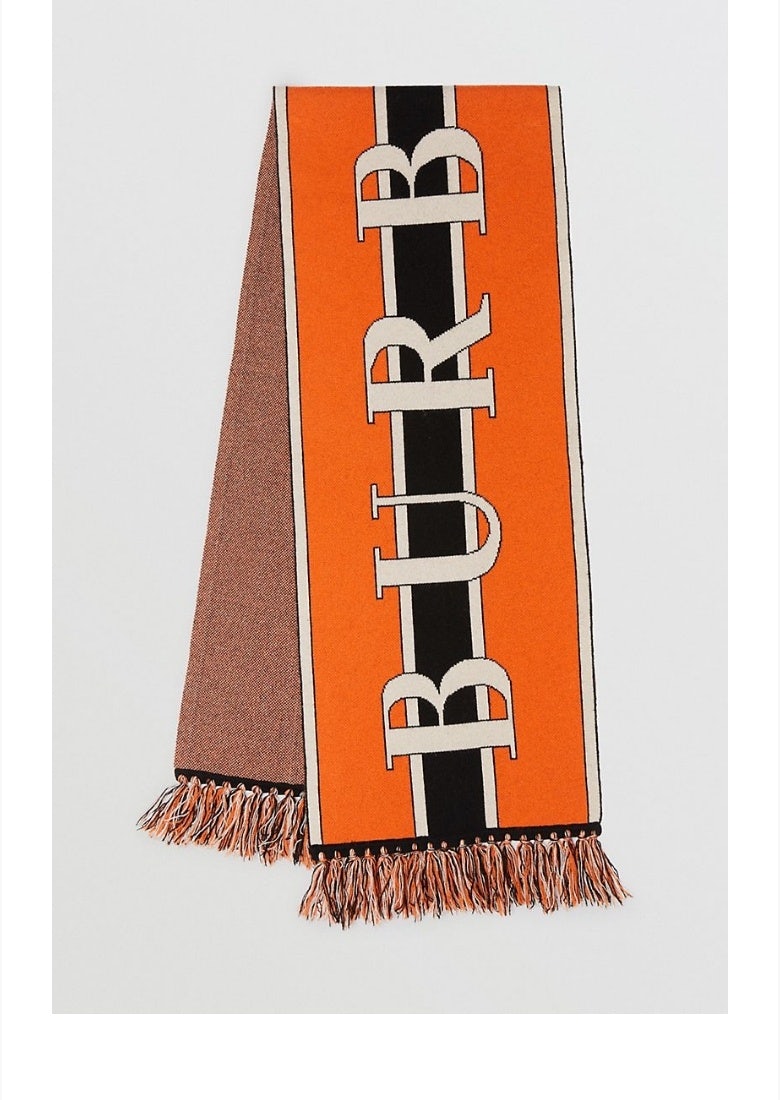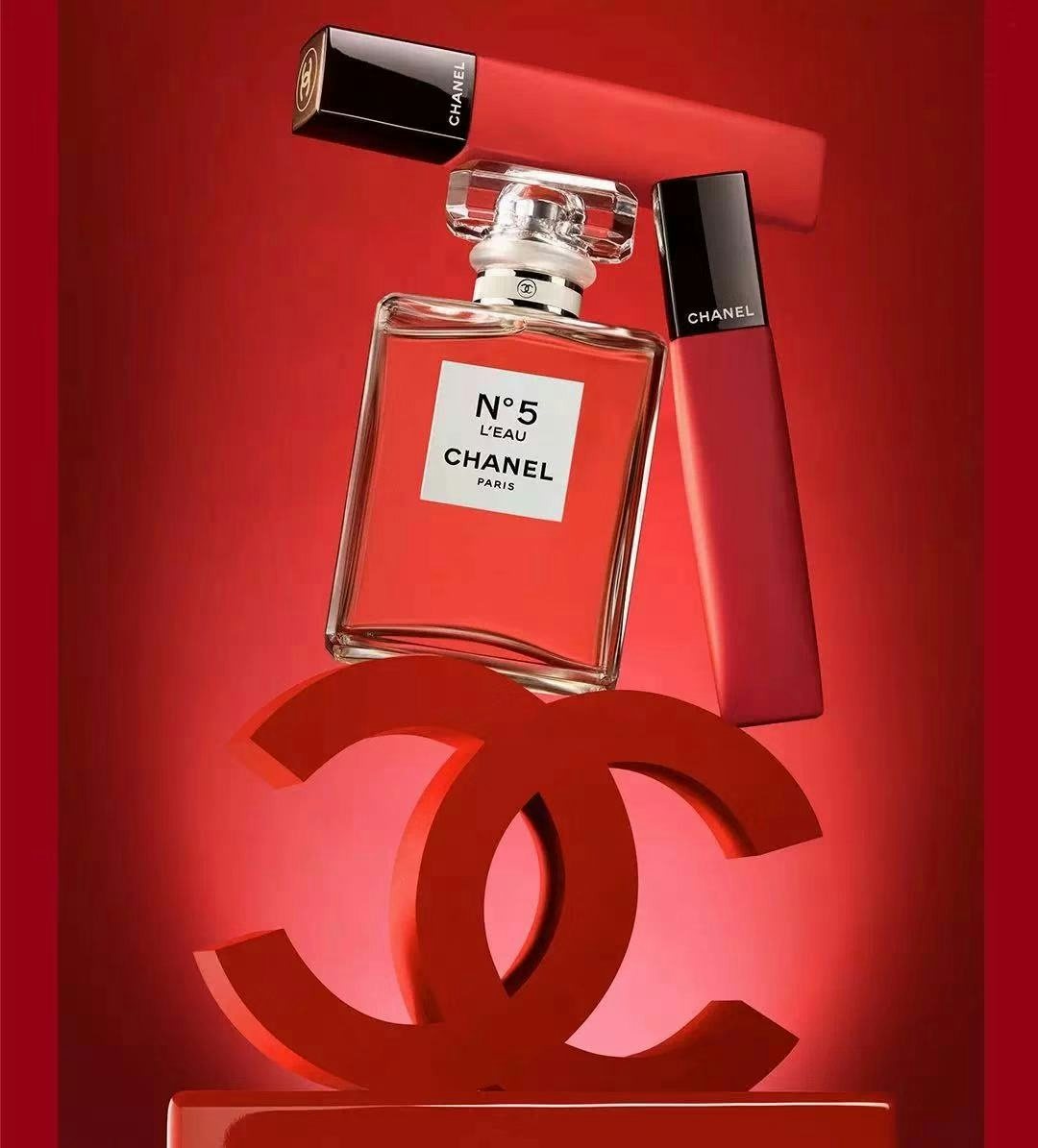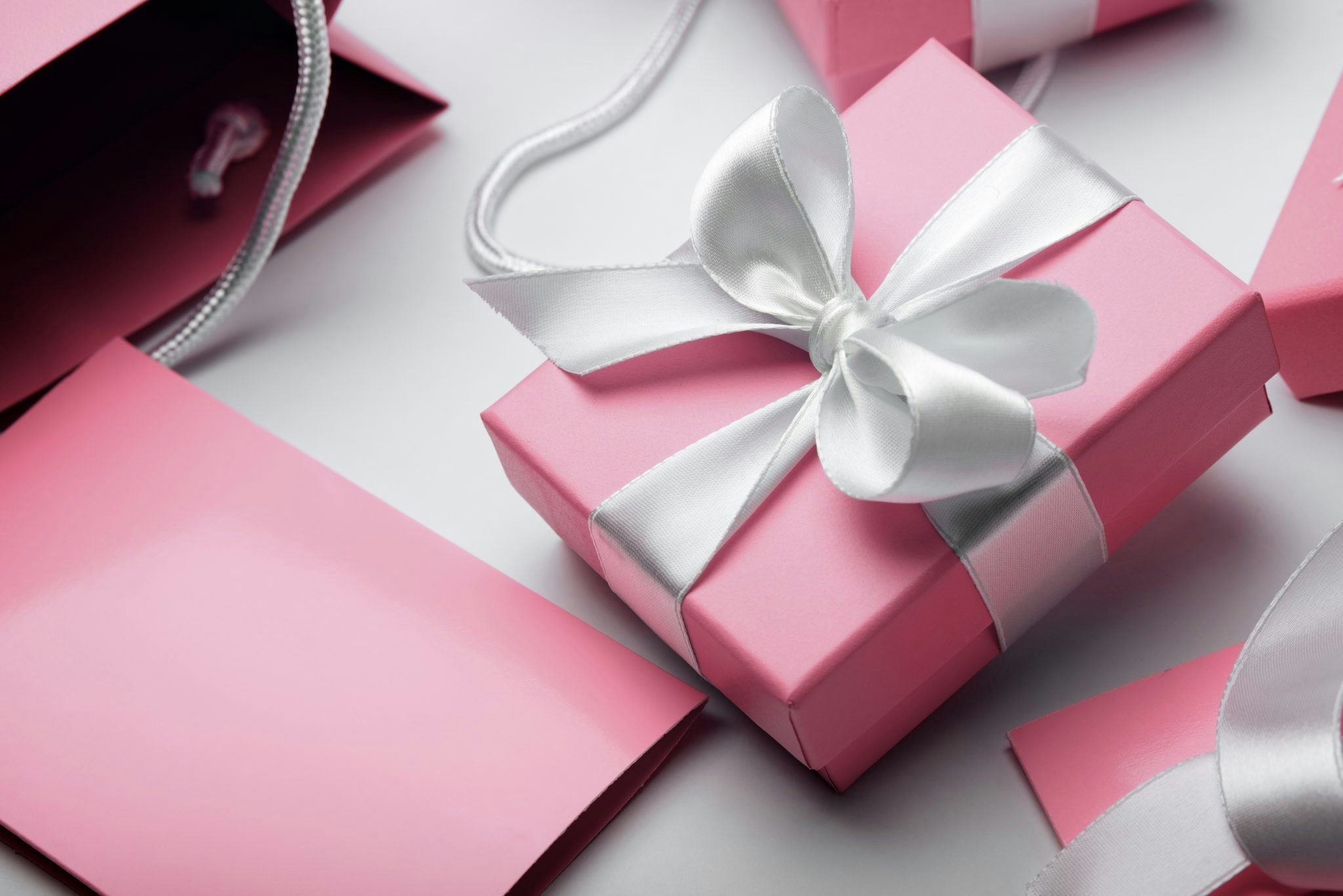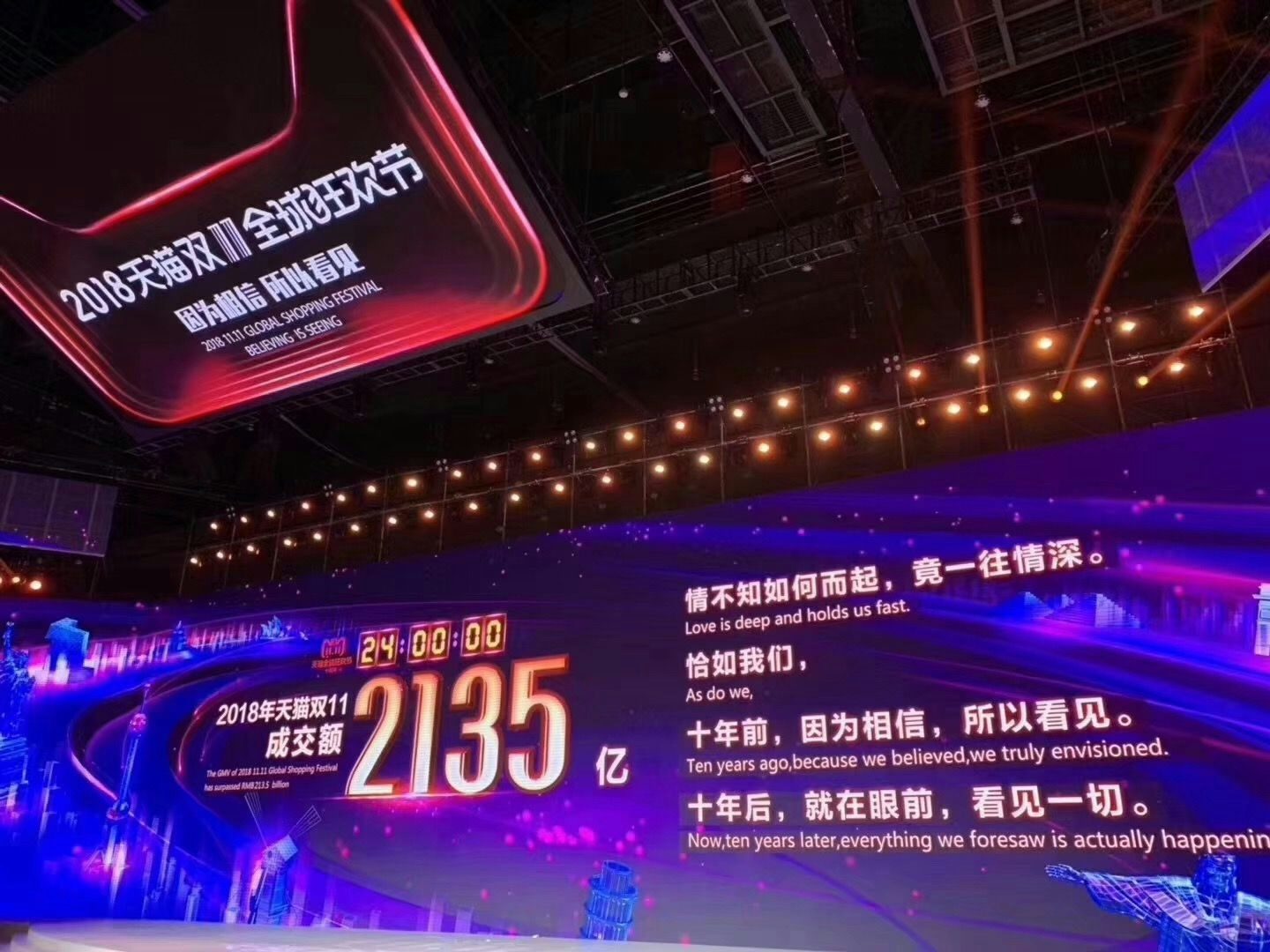A 387,725 (RMB 2,700,000) Rolex watch and a 68,929 (RMB 480,000) Hermès Birkin bag were sold on China’s luxury e-commerce platform Secoo during this year’s Singles’ Day shopping festival, according to Federica Marchionni, International CEO of Secoo, who spoke at the New York Times International Luxury Conference in Hong Kong November 12.
The two huge sales, which would have been unthinkable online not too long ago, indicate how luxury brands and retailers — not to mention buyers — have developed a new attitude towards China’s biggest e-commerce shopping event. After years of skipping the 11/11 sales festival, seen as somewhat mid-market, a host of high-fashion players participated this year, and were rewarded handsomely.
Singles’ Day was essentially invented by Alibaba Group a decade ago, tweaking a college tradition that began as a backlash to Valentine’s Day. Other e-tailers from JD.com, Secoo, Vipshop to Net-a-Porter and Farfetch have climbed on the bandwagon since. The shopping festival has grown far beyond the unmarried, and its ability to generate sales has surpassed that of Black Friday and Cyber Monday combined.
But, for a long time, luxury brands were hesitant to participate due to the fact that it was primarily about offering discounts and coupons to motivate higher-than-usual consumption by Chinese customers. Associating with Singles’ Day was seen as a mistake for luxury brands who valued their exclusivity and premium image.
However, as Singles’ Day has evolved to become more sophisticated and the Chinese luxury market has bloomed, the presence of, and approach taken by luxury brands have changed significantly.

A number of big-name luxury players unveiled special editions for this year’s Singles’ Day. British luxury label Burberry, for example, released a limited number of wool scarves with its signature logo (priced at 661, or RMB 4,800) ahead of the sales festival on its Tmall flagship store. All items were sold out on the first day of the pre-order period. Italian fashion house Versace released a special hoodie with its signature tiger head (priced at 402) on Tmall. Moschino and Tiffany were also reported by the Business of Fashion in collaboration with Alibaba's Tmall to target Chinese luxury shoppers for the first time this year.

Even Chanel, the French luxury powerhouse that has been snobbish about e-commerce, made a WeChat marketing push November 10 to promote its beauty line. Other high-end Western beauty brands including Yves Saint Laurent, Lancôme, Armani and Cle de Peau also weighed in.
“The period is not only a day to create a sales peak, but also an opportunity” to increase awareness of, interest in, sales of and loyalty for a brand (the cycle of AIPL) said Sara Si, Chief Digital Transformation Officer at Dentsu Aegis Network China.
A series of e-commerce platforms in China upped the luxury brands’ participation in the Singles’ Day event further. Farfetch, which is home to 375 international luxury brands, offered a nationwide sales event and built an engaging social media game on WeChat to attract Chinese shoppers ahead of the festival. Users can test their knowledge about luxury brands before purchasing products. TopLife, JD.com’s dedicated luxury portal also provided sales on brands that listed on its site, which including Balenciaga, Saint Laurent, Mulberry, Ferragamo, etc.
Alibaba, as usual, hosted a huge live streaming fashion runway show at its headquarter Hangzhou on the eve of Singles’ Day to entice Chinese consumers to shop for brands they work with. Luxury labels such as Ralph Lauren, Burberry, Furla, Moschino, and Tiffany received good public exposure and scored sales with the help of the e-commerce giant.

